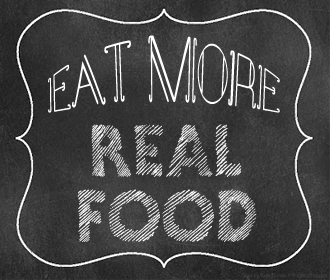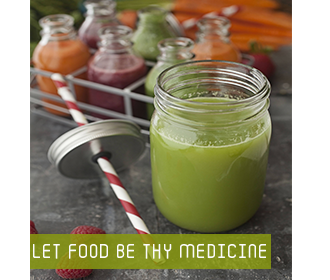Increasing numbers of athletes these days are becoming vegetarian. Whether it is for reasons of ethics or health, it is a topic that deserves more attention. It is also a decision that many athletes, especially young women, under-estimate the impact of.
How can athletes perform at their peak on a vegetarian diet? The primary key, is learning about the nutritional value of the food you are eating, and knowing how to keep your health needs balance with the meals you choose. There are many types of vegetarianism too, and while studies show there is no significant effect on performance with say, an ovo-vegetarian diet, a vegan may have more trouble getting adequate nutrition.
Here are 8 tips for vegetarian athletes to help them perform at their peak and maintain great health.
1. Eat more often: animal products contain a lot of energy. To balance this, it may be necessary to eat more often, including high-protein options such as beans, legumes, nuts, and seeds (make sure you’re eating complementary proteins as well to ensure adequate amino acid intake; vegetarian complete sources of protein include millet and quinoa).
2. Vitamin B12: plants don’t produce it, but we need it in our diet for blood health and for energy production. Ensure you’re supplementing it when appropriate.
3. Iron: vegetarian and vegan athletes need roughly twice as much iron than non-vegetarians because the iron found in plant sources is not easily absorbable (non-heme). Including sources like beans, legumes, and dark leafy greens along with foods high in vitamin C (like lemons and red bell peppers) help absorption of vitamin C.
4. Focus on healthy fat: fat provides 9kcal of energy per gram (whereas protein and carbohydrates provide four). Olive oil, avocados, hemp, and nuts help provide energy, especially for high-intensity interval events.
5. Zinc: since animal sources are rich in zinc, needed for proper tissue healing, you may need to supplement zinc or get it through sources like sesame and pumpkin seeds, chickpeas, and quinoa.
6. Iodine: it’s needed for thyroid health and energy production. Sea vegetables (kelp, seaweed, etc.) are great sources: they can be incorporated by sprinkling ground seaweed on meals or eating kelp noodles.
7. Vitamin D: ensure that you’re getting enough through sun exposure as well as supplementation, if necessary.
8. Omega-3 fatty acids: while DHA and EPA only come from fish sources, your body can break down small amounts of the omega-3 fatty acid into brain-and-heart-supporting EPA and DHA if given the proper building blocks. Add chia and flax to smoothies and yogurt every day to ensure you’re getting this inflammation-fighting fat.
Above all, check in with yourself: what parts of your diet are working? Is it necessary to modify the diet, do you feel less or more energetic, etc.? While being a vegetarian athlete is more challenging than being a meat-eating one, it can be done in a healthful, supportive way.









